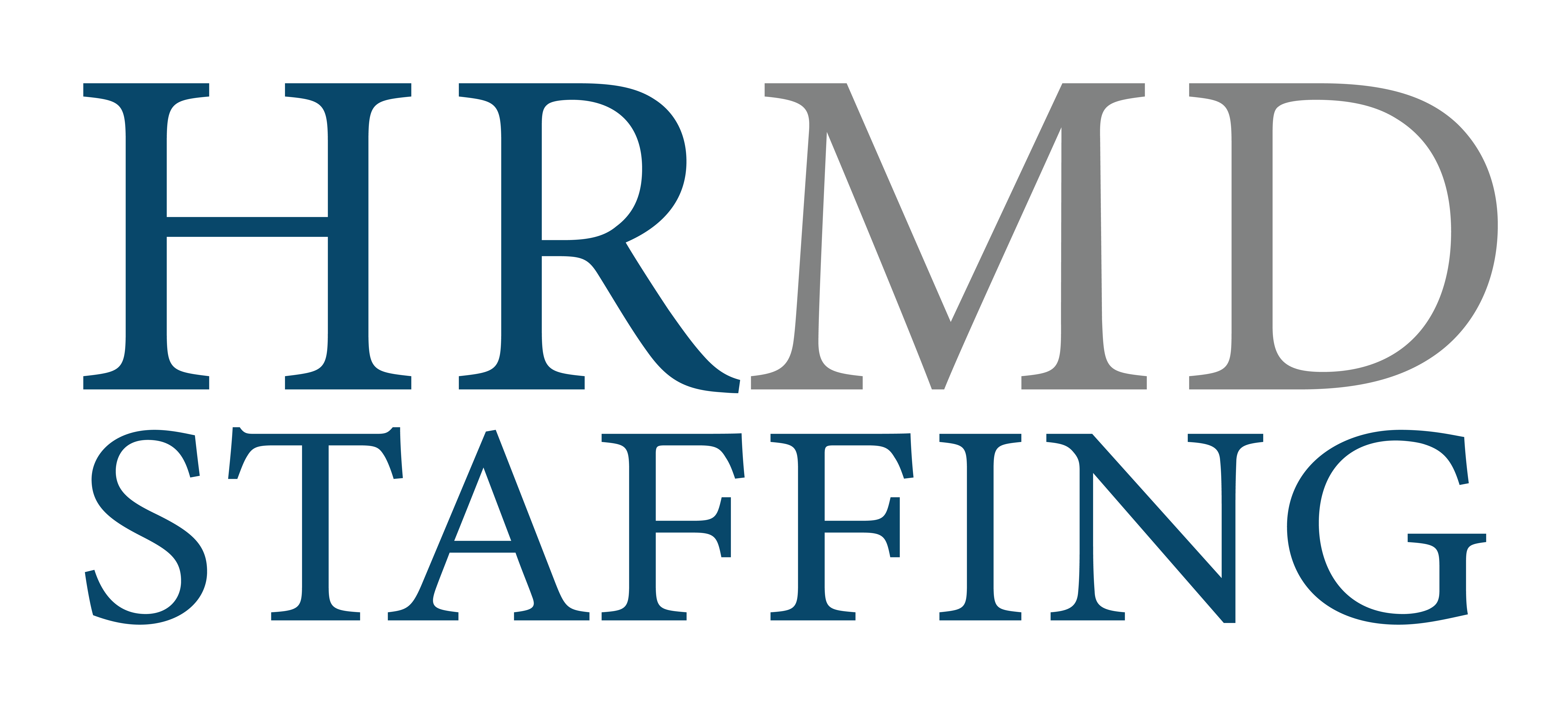
Efficiency and productivity
Business leaders always talk about efficiency and productivity. It doesn’t matter what field you work in. But what exactly are productivity and efficiency? Are efficiency and productivity different or the same? Is one better than the other?
What is Efficiency?
If your business is efficient, it means you can achieve highly desirable results with little or no resources. This is the basic definition of the dictionary. When we talk about the waste we are talking about time, resources, manpower, and materials. It would be more efficient if we could do the same amount of work with less time and resources. Even with more time and resources, producing the same amount of work as before will reduce performance efficiency. Efficiency is therefore simply the quality and degree of effectiveness of the company. Business leaders must strive for efficiency, regardless of whether they provide services or produce products. But they have to be productive.
What is Productivity?
The dictionary defines productivity as «particularly abundant in the quality or power of production». Just as «efficiency» is a measure of how efficient a company is, «productivity» is simply a measure of how productive a company is. Those interested in productivity look to make the most of their free resources. For example, if you have a large budget, try to do as many jobs as possible. Even if you’re on a tight budget, try to produce as much work as possible. These two concepts may seem very similar at first, but they make little difference when compared to each other.
Efficiency and Productivity
In most business circles, the terms productivity and efficiency are used as if they were synonymous. This may be commonly correct, but technically incorrect. The whole discussion of «efficiency and productivity» is more than visible. Efficiency refers to the amount of effort and resources people put into their work and productivity refers to the amount of work done in a given period of time. Productivity is aggressive. Efficiency is responsive. Productivity means getting the best results regardless of the situation. Increasing budgets and schedules do not improve a company’s productivity. Businesses are more productive because they focus more on using existing resources. Productivity-conscious people, with large or small budgets, are more interested in getting all they can with what they currently have. Let’s say your company is capable of processing 40 documents per hour. Productivity-oriented businesses are looking to increase the number of documents they can create during that time. This allowed employees to work hard and scan a total of 50 documents per hour. They are 25% more productive. Whether it’s 6 am or 1 pm, productivity-oriented businesses can get their work done at the same pace. Even if the reduction reduces the total number, they still produce as much as possible. Efficiency depends on survival. Or at least, efficiency is trying to do the same thing with fewer resources. Let’s say your company is able to process 50 documents per hour and your budget is reduced. Currently, the company is trying to do the same amount of work (50 documents processed per hour) with fewer resources. This is a good opportunity to focus on efficiency.
It Is Best To Be Productive And Efficient, But If You Must Choose, Choose Productivity
In an ideal world, companies want to be efficient and productive. Businesses are constantly looking for ways to do more of what they have while reducing waste and doing the same amount of work. However, most successful businesses focus on productivity rather than efficiency. Productivity helps companies do more, and efficiency helps them do the same with fewer resources. Businesses are only truly successful when they are on the path to growth, also known as profitability. And this growth or increase in profits requires better production performance. If the company is looking to focus on creating something more efficient, it should be all the hard work that needs to be done, but it doesn’t really help the company grow.


